Guides
Acts of ParliamentDevolved GovernmentHouse of CommonsHouse of LordsLegislative ProcessWhitehallPolitical PartiesPublic InterestThe Political Process Display All
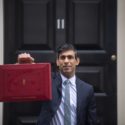
The Budget
The Budget is the government of the day's main set-piece economic event. It comprises two key elements: the Chancellor's Budget speech to the House of Commons and the publication of the government's detailed financial reports.Read More

Think Tanks
Think tanks are research and advocacy institutions that publish advice on a range of social, political and economic issues in hope of influencing policymakers and the power-holders of society. Here is an overview of the different 'policy wonks' across the political spectrum.Read More
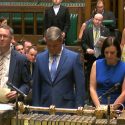
Third Reading
The Third Reading stage of a Bill is normally at least three days after the Report Stage and may last one or two days. Whereas in the Commons, the Third Reading is a debate looking back at the Bill's progress and forward to its implementation, in the Lords, it is a further, and final, opportunity for amendments.Read More

Tony Blair Net Worth – How wealthy is the former Labour leader?
An overview of the different public reports of the net worth of the former Labour prime minister, Tony Blair.Read More
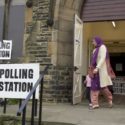
UK Election Polls
A consideration of why opinion polls often get it wrong, and as to whether they publication of election polls should be banned in the period running up to polling day.Read More

UK Voting Age
The voting age in the UK for General Elections is 18, albeit it is lower in Wales and Scotland for all other elections. Whilst in Hungary, 16 and 17 year old's are allowed to vote if they are married.Read More
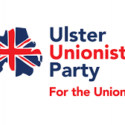
Ulster Unionist party
The UUP is regarded as the more moderate force within Ulster Unionism. Its current leader, Doug Beattie, is an ex soldier who once guarded Adolf Hitler's Deputy, Rudolph Hess, in Spandau Prison. His predecessor as UUP leader, Steve Aiken, had previously been a nuclear submarine commander.Read More
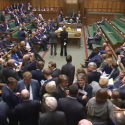
Usual Channels
While no one would deny that the Usual Channels exist, it is a rarity from them to be mentioned in the House of Commons. They are key to the smooth running of the Commons but their influence is matched only by their secrecy.Read More
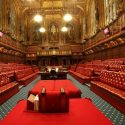
Voting in the House of Lords
Voting the House of Lords is a physical process. When a vote - or 'division' - is called, Peers literally divide into two groups, those in favour (Contents) and those against (Not-Contents).Read More

Welsh Government – Composition
The Welsh Government is made up of the First Minister and eight Welsh Ministers. The composition of the current Welsh government is detailed here.Read More

Westminster Hall
In the early part of the Twenty First Century, the time available on the main floor of the House of Commons for so called Private Members debates had become curtailed. This led to the development of the Westminster Hall format.Read More
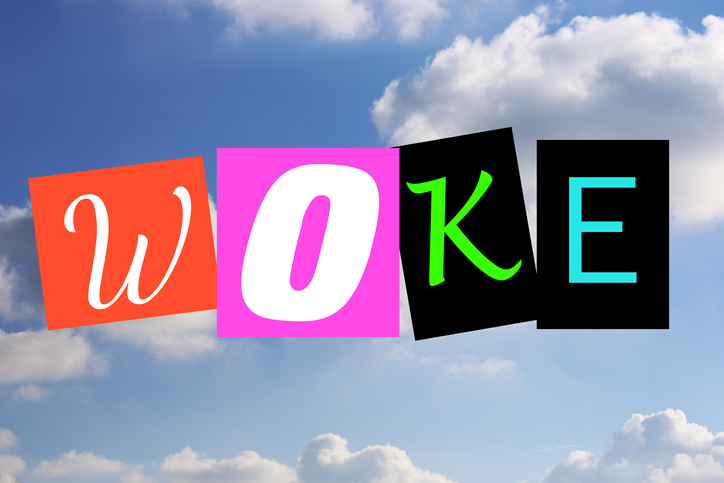
What does woke mean today?
An overview of the term woke? What does woke mean today? What are the origins of the term?Read More

What is a Tory?
An overview of the term Tory. What is its historic orgins? Is it an insult?Read More
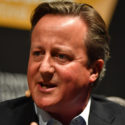
What is David Cameron doing now?
An overview of what former prime minister David Cameron has been doing since he left Downing Street, the roles he has taken and the comments he has made.Read More

Where does Rishi Sunak live?
An overview of the property portfolio that is reported to be owned by prime minister Rishi Sunak and his wife Akshata MurtyRead More
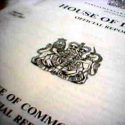
White Paper
White Papers are detailed statements of Government policy, which set the broad principles for legislation, although not all White Papers lead to new laws.Read More

Why was Keir Starmer Knighted?
Details of why Sir Keir Starmer received his knighthood, and whether it has any impact on how the labour leader is perceived by voters.Read More

Woke – What does it mean?
An overview of the term 'woke'. What does it mean? What are its origins? How many Brits today regard themselves as woke?Read More
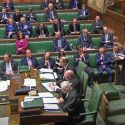
Written Questions
Written questions to the government can be tabled by any MP. During the decade 2010 to 2019, the average number of written questions was said to be 3,462 a month. The cost of answering a written question has previously been estimated as costing £140.Read More
